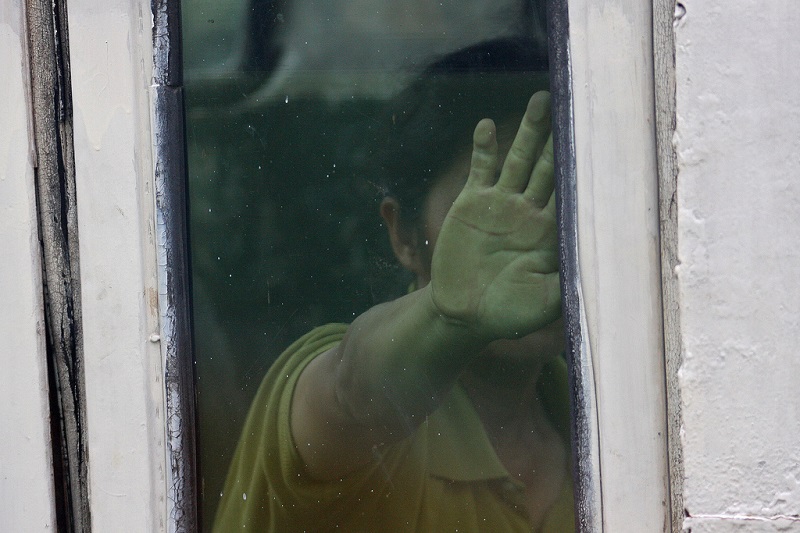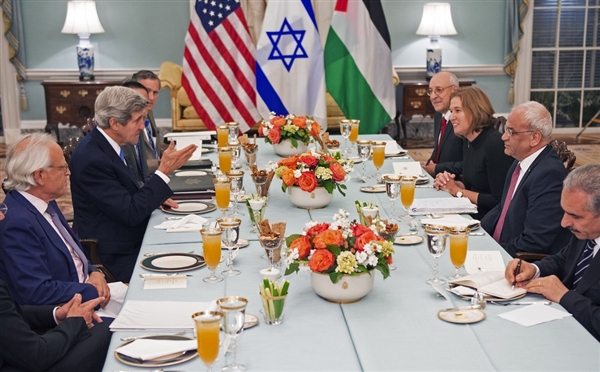Economic mobilization has the potential to bring change in North Korea as much as revolutions, and understanding how people mobilize and utilize space economically leads us to realize that social changes are already at work in North Korea, and that harsh economic sanctions are potentially not the best policy. Instead, the latter should be partnered with an informal engagement with the North Korean people, and more funding for the civil society organizations that are trying to do so.
In fact, transnational North Korean black market activities are already establishing a form of quiet encroachment, an everyday resistance towards the illiberal totalitarian state. Civilians perform their economic empowerment in forms that challenge and, at the same time, support the weak economic structure of the state and its repressive means through trade, information smuggling, bribes and illegal border-crossing.
According to Hyun Ok Pak (2015), North Korea’s economy is (unconsciously) dominated by capitalist market strategies. Capitalism and monetary exchange practices found their way as a counterbalance to famine shortages, and the state encouraged self-help when it could not support the people with its own structure of food rations and reallocation.
These trading activities are becoming ways of quiet resistance of people in an authoritarian regime. As the well-known NGO Liberty In North Korea (LINK) states, we have to think about “People over Politics”.
Resistance in an authoritative regime
In authoritarian regimes, state repression capacity restricts the scope of opportunities for mobilization. Studying how people mobilize in illiberal states comes back to the need to analyze the consciousness of the people, in an attempt to measure the level of official submission and hidden thought of resistance. But it is quite difficult to do so.
Instead, a closer look at the surveillance capacity and repression machine of the state is an important contextual component to understanding how people perform economic activities, and if they do mobilize in an overt or covert manner.
If a central state lacks full control capacity on regional structures, as in the case of decentralized North Korea, state failure creates spaces for the mobilization of key economic actors.
The decline in state services usually becomes the trigger for market-based activities flowing from a general impoverishment of the population. People’s everyday resistance through economic opportunities would actually embrace the elite’s capacity to create clientelist networks and therefore participate in social changes from a top-down perspective.
However, this is not the primary work of the elite, but adapts to an ongoing bottom-up phenomenon transcending political classes.
It’s not black or white
In practice, class division in North Korea is not so much a dichotomy between weak peasants/urban workers and powerful elite/officials, as social relations in North Korea are enhanced by the ability of individuals to create networks and possess marketable goods, blurring the line between elite officials and the populace.
Why is that?
Looking closely at the regional and sociopolitical disparities of the so-called “subordinate” class, one analyst ends up including administrative officials, army representatives, urban workers citizens, farmers, peasants, and politically hostile classes. In reality, the citizens do not relate to their hierarchical class status in society, but do relate through the opportunity that market gains can bring them.
According to Hazel Smith, a North Korea expert, geographical borders, level of agricultural sufficiency, and communication routes become key variables in the creation of market opportunities for North Korean people. For example, the tight control of the state on agricultural production redistribution from the province of South Hamgyong to Pyongyang, offer few non-state-sanctioned opportunities to buy and sell food, and be in contact with foreign traders. North Hamgyong County’s geographical situation, however, was ideal to such market opportunities thanks to its porous and unmilitarized border with China, and its difficult transportation access to and from Pyongyang.
Official class relations are strict, but also intertwined by informal networks that transcend the state apparatus, and actually weaken the function of the party. In fact, there is an apparent division between the effective functioning of the Central Party in Pyongyang and the lower party dispatched among ten other prefectural divisions. Despite strong principles of party leadership diffused through propaganda and official practices, informal trading networks are weakening the party legitimacy.
If officials did not take bribes or found economic opportunities in informal activities, black market practices could not be protected enough to the point of becoming a motor of social changes. Systemic bribing is thus a key element in how people mobilize through class relations, and how this mobilization depends on the systemic inference of institutional disparities.
Network and space appropriation as a form of bottom-up resistance
Jangmadang (black markets) started to appear in Pyongyang and North-Eastern cities as an alternative way to purchase basic commodities and consumer goods. Cross-border trade has been growing with Chinese traders bringing goods into North Korea for North Korean and ethnic Korean Chinese traders to buy and sell in Jangmadangs. This has been the result of both elitist entrepreneurship and individual endeavors for survival.
Trading activities are necessary for the mobilization of people through the recognition of network and space appropriation. In other words, if Mrs. Kim sees Mrs. Jang selling foreign goods on the street or in the illegal market while at her market stall, Mrs. Kim will recognize that there is a network of illegal sellers, while herself appropriating the space of the street illegally with her merchandise.
How to cope with illegality: capitalism and “practical socialism”
Refugee testimonies tell us that people frame their market-based usage of the informal space as a matter of necessity to counter the state’s failure to sustain the population’s needs. In fact, as long as certain activities are framed as an act of necessity, they can be legitimized in the official ideology of “practical socialism”.
Despite the numerous efforts of the state to dismantle informal networking activities, material shortages pushed the state to cope with the informality of the practices, institutionalizing it to some extent. In 2002 the government implemented the 7.1 Economic Management Reform measures in an attempt to bring informal economic activities and capital back under state control. The official ideology of “practical socialism” was adapting to the hidden practices of informal economic activities (aka black market).
Hazel Smith’s concept of “marketization without liberalization” further develops the idea that market practices couldn’t bring the taken-for-granted liberalization because they were englobed in official practices, as an institutionalized system of informal rule participating in the official transcript of “practical socialism”. Economic practises are now ruled by supply and demand, but the state repressive system is still effective against political liberalization.
That information leaks encourage people to leave rather than change governmental regime is a common saying in the niche of North Korean studies. But defection should also be seen as a form of resistance.
As more and more people get in touch with such networks and gain access to trading activities with other regions in North Korea or China, as well as with North Korean defectors, more information will flow among North Koreans and change is bound to continue its course.
Photo: North Korean woman (2010), by Roman Harak via Flickr. Licensed under CC 2.0.
Disclaimer: Any views or opinions expressed in articles are solely those of the authors and do not necessarily represent the views of the NATO Association of Canada.




